Content for new websites
Website content that drives leads and wins in AI and SEO search
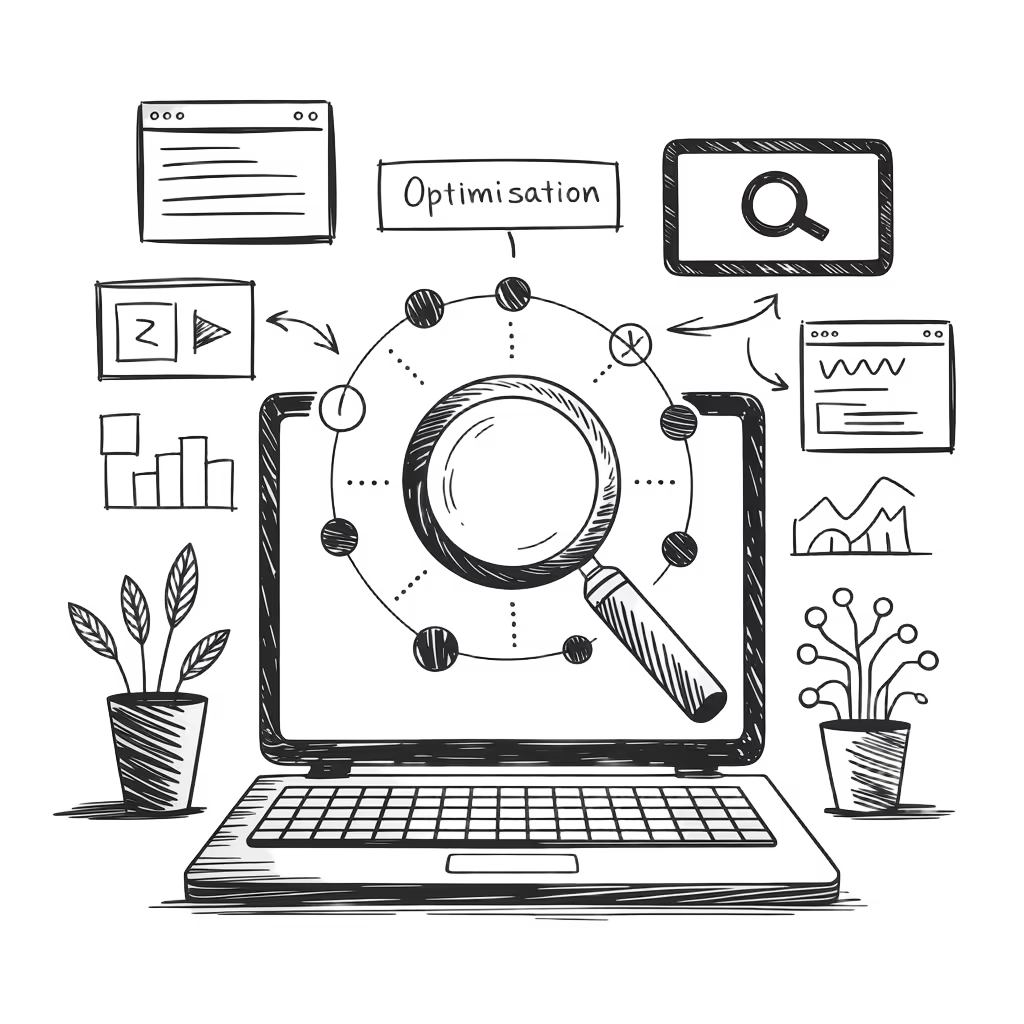

Welcome to [w.], the agency whose content is:
• Relevant to your audience: every page addresses the pain points that matter to your target market
• Conversion-first: credible authoritative content that leads naturally into a strong CTA
• Visible to AI and traditional search: intent, keywords (primary and long-tail) and AI query fan-out
If you're investing in content for a new site or adding a new section to an existing one, make sure the content you buy in delivers the results you want.
We're the agency to choose if you’d rather have 10 leads you can convert from 100 qualified visitors than 10,000 views from the wrong audience.
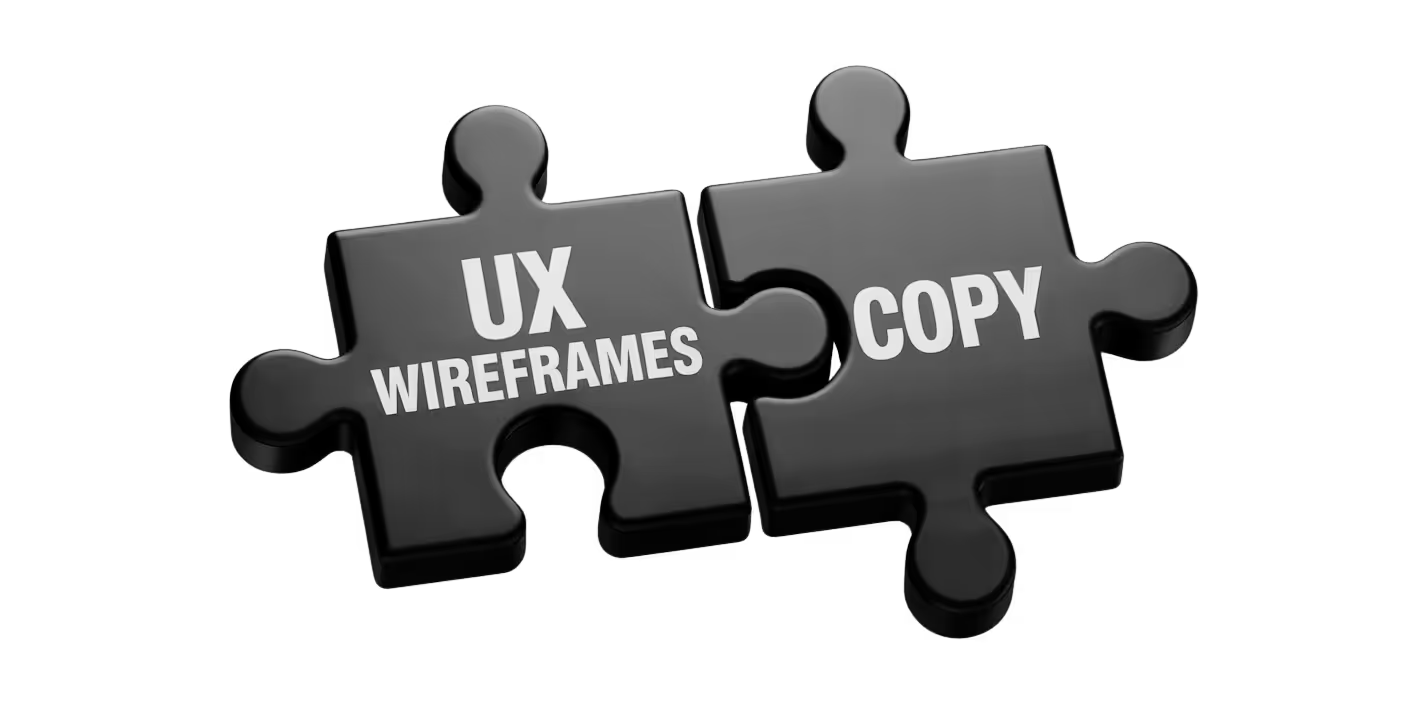
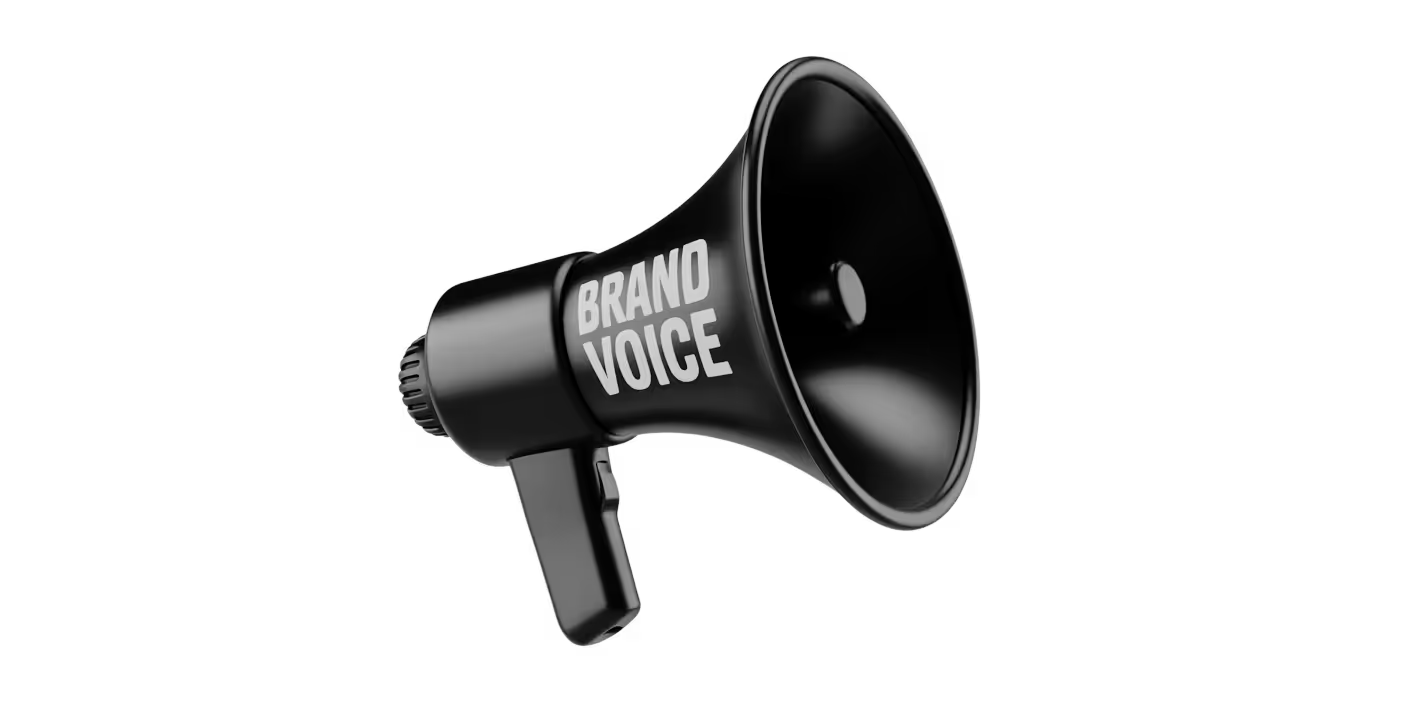


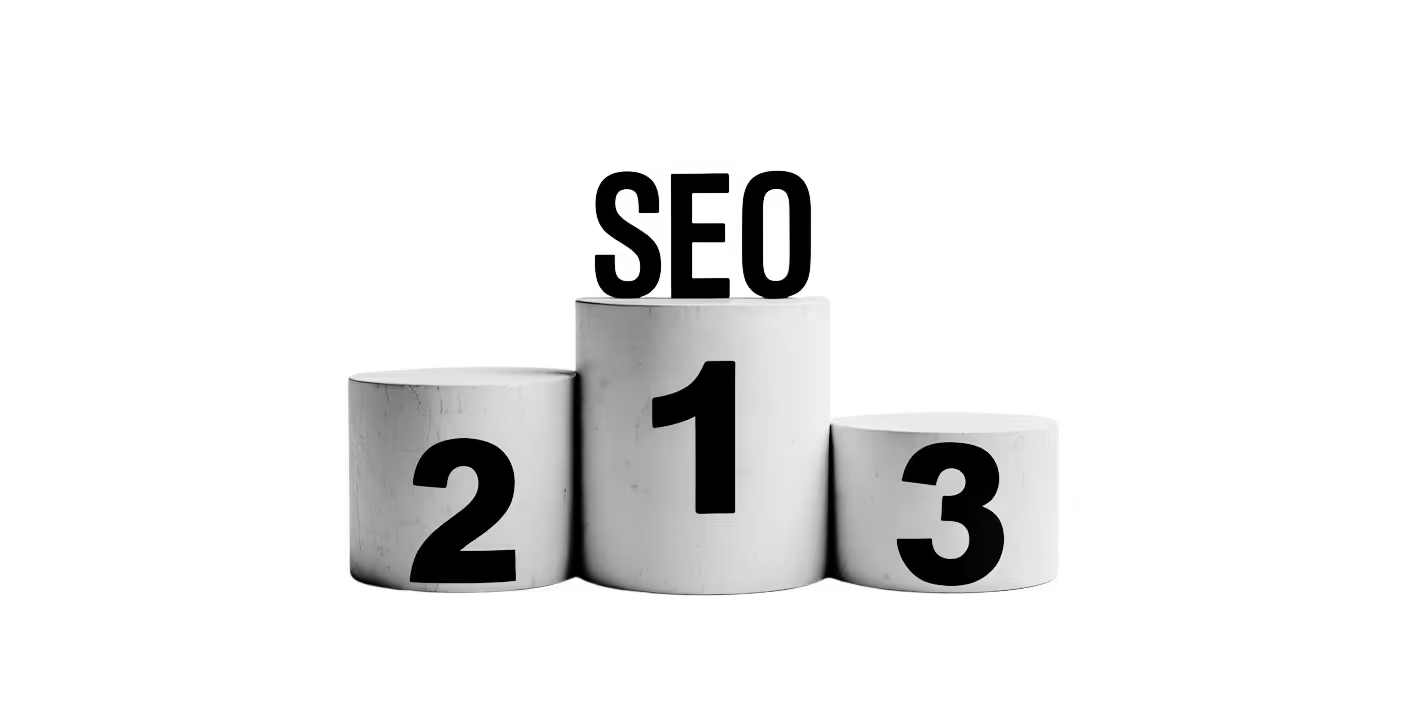

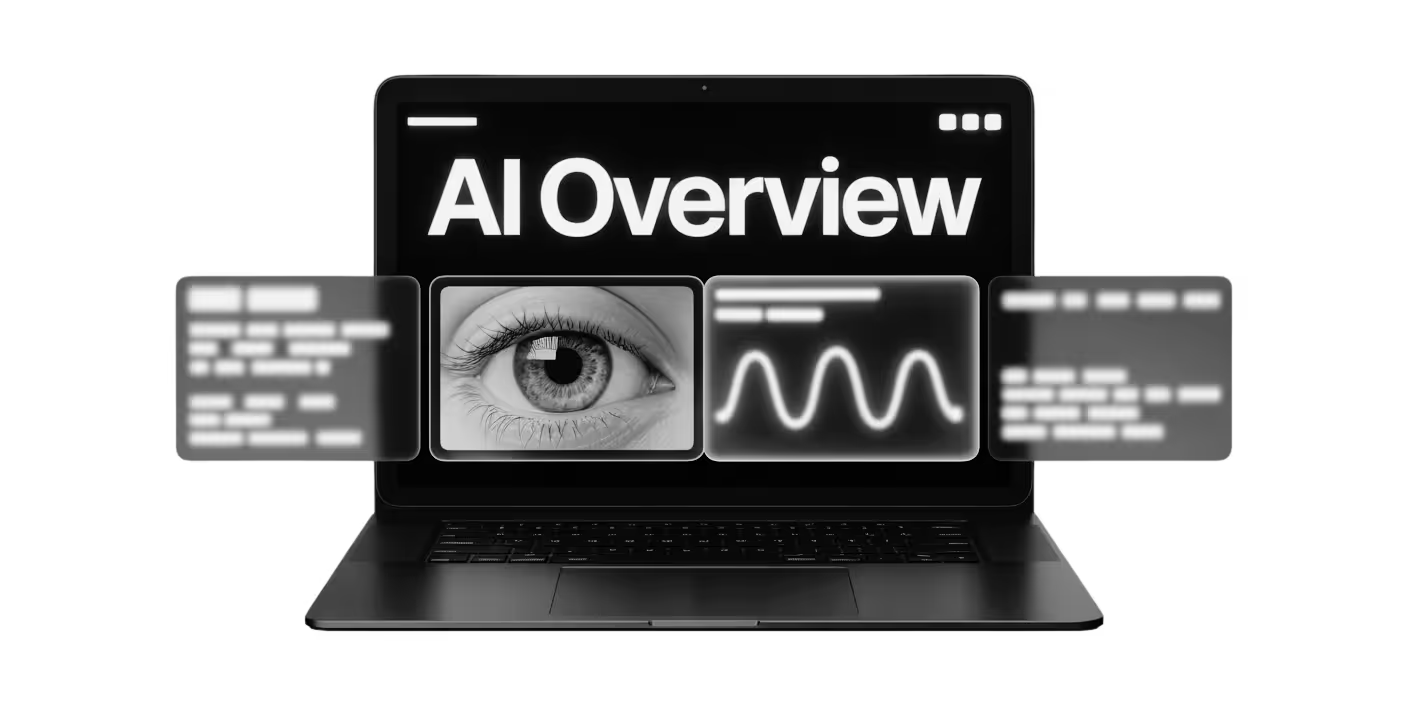

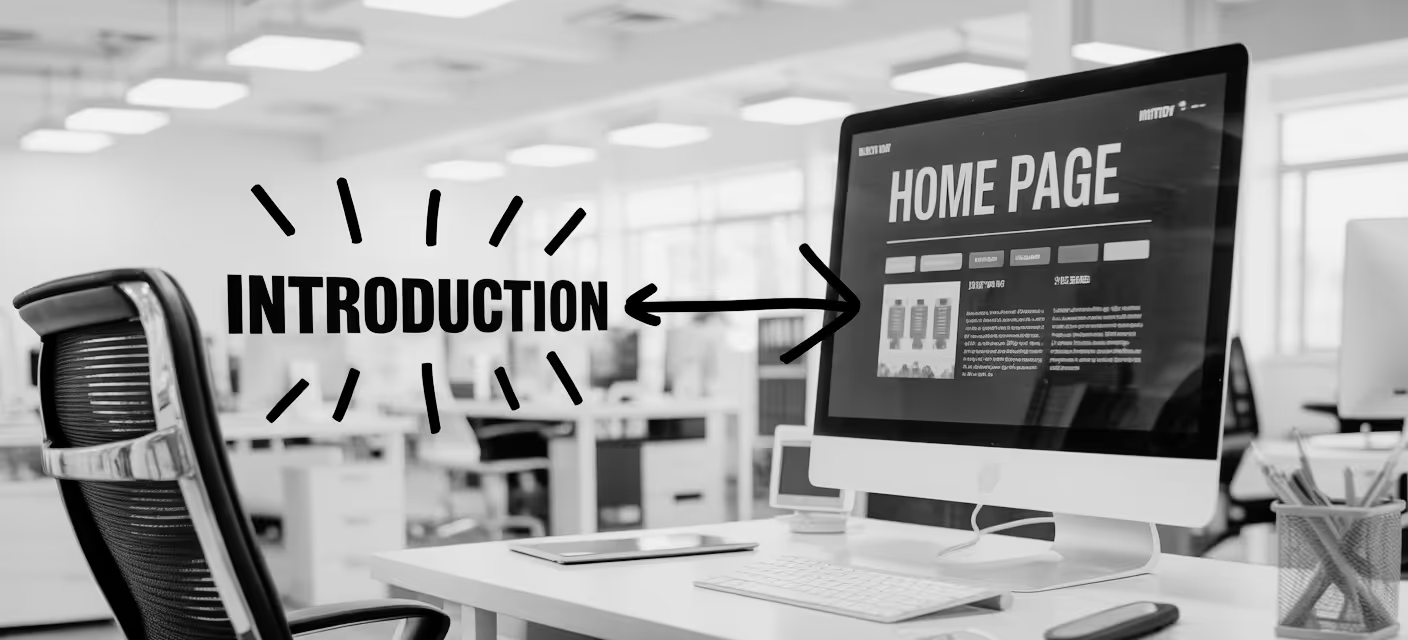





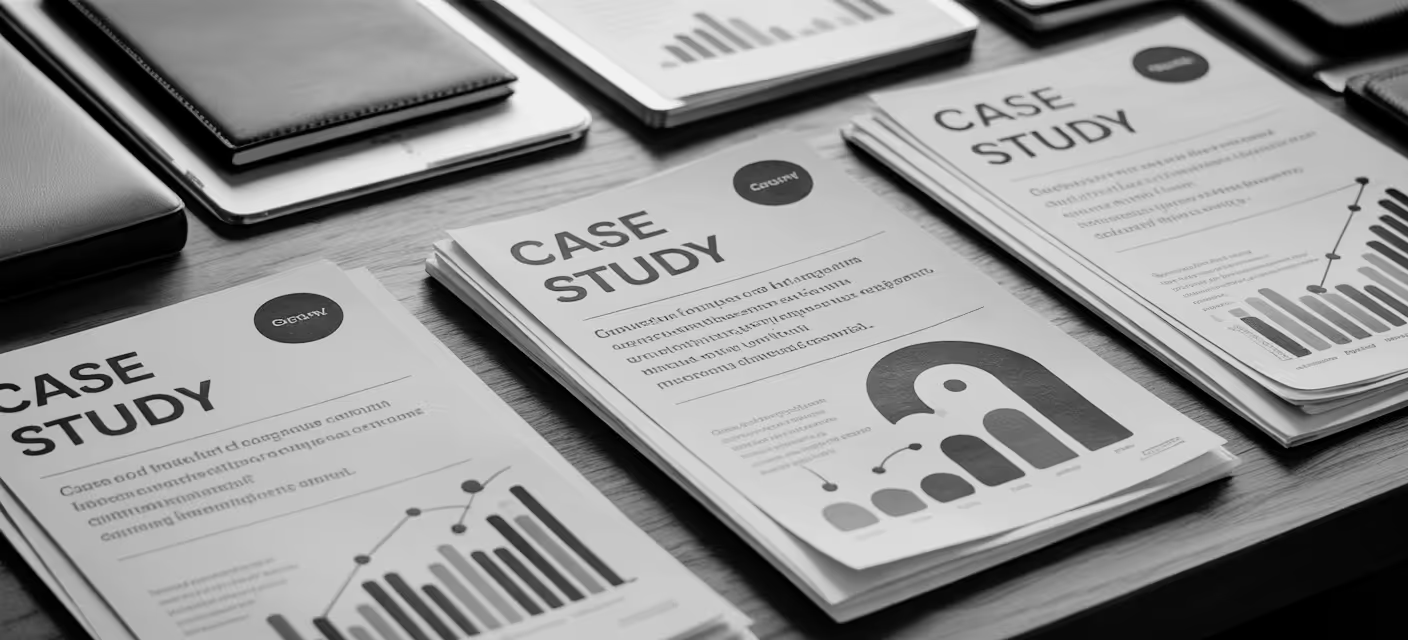

.avif)